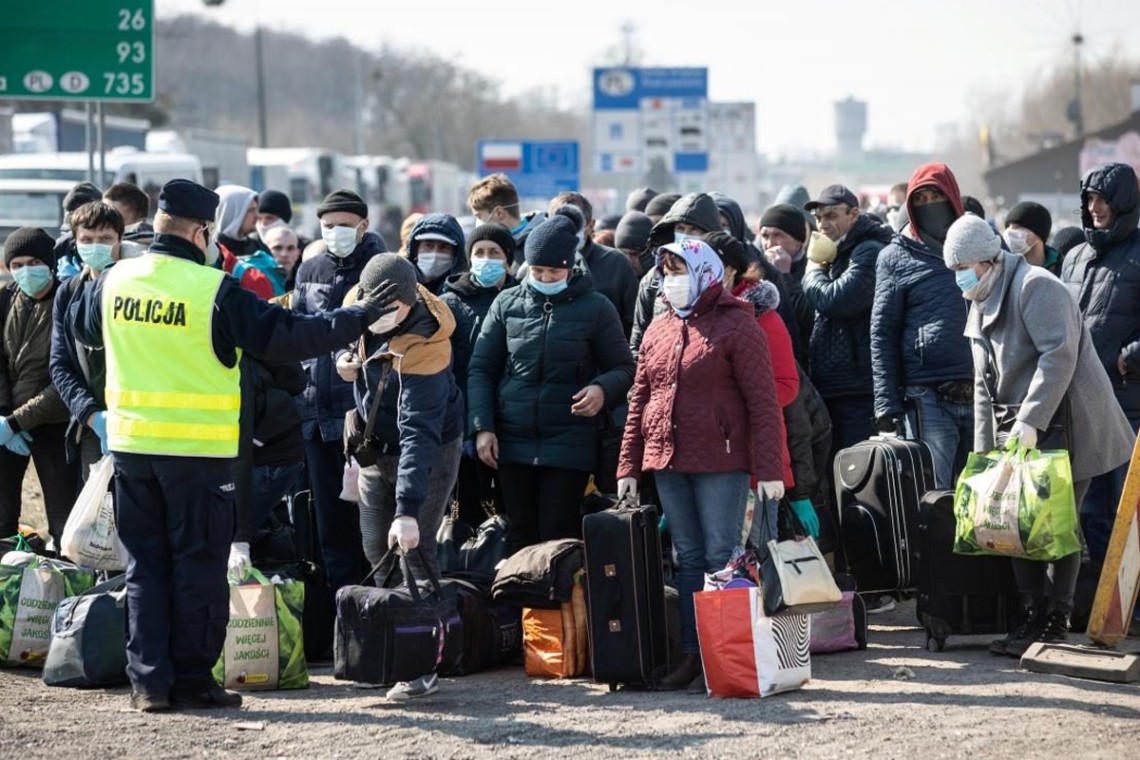Legal work in Poland for foreigners has certain requirements and processes that must be followed in order to avoid problems with the law and to have access to social guarantees.
Basic steps for legal work in Poland:
- Certification is a simplified procedure for citizens of Ukraine, which allows you to work for up to 24 months. The employer submits a statement of intent to employ a foreigner, and you can start working.
- A permit (work permit) is a long-term permit issued for a stay of more than 3 months and allows you to work legally for up to three years.
- Type of residence (beaten card): a battered card with the right to work provides the opportunity to live and work for a long time. This is especially convenient for those who want to stay longer in Poland, as it allows them to have the right to work without additional permits.
- Signing a contract with an employer: signing an employment contract ensures legal working conditions and access to social insurance.
- Registration in the Social Security System (ZUS): the employer is obliged to register the employee in the ZUS (Social Insurance System), which provides health insurance, pension savings, hospital benefits, etc.
- Obtaining a PESEL number: A PESEL is required for administrative purposes, tax deductions and access to health services. You can get it with a work or residence permit.
Advantages of legal work:
Access to health insurance and social benefits.
Legal protection and stability.
The ability to get loans, open accounts in Polish banks, travel conveniently and use a full range of services.
Employment opportunities in Poland or for work in other EU countries:
- Residence permit in Poland and work in other EU countries: the type of residence permit plays an important role. For example, a Polish national visa or a Polish temporary residence permit (karta czasowego pobytu) allows a stay in other Schengen countries for up to 90 days within a 180-day period, but does not grant the right to work.
- A permanent residence card (karta stałego pobytu) or permanent residence in the EU (the so-called EU long-term residence permit) gives more freedom, however, as a rule, it is still not possible to work in another country without additional permits.
- Blue Card (EU blue card): the EU blue card grants the right to live and work in the specific EU country where it was issued (for example, Poland), with the possibility to apply for the right to work in another EU country after 18 months. However, the migration procedure with this document still requires confirmation of permits from the country to which the move is planned.
- Civil law contracts and remote work: Umowa zlecenie or Umowa o dzieło may allow remote work from Poland for an employer from another country, but this depends on the terms of the contract and may require consultation with a lawyer to take into account tax obligations.
- Secondment to other EU countries: Polish employers can second their employees to other EU countries for a limited time, ensuring a certain legal legality of stay and activity abroad. In such cases, it is also worth checking compliance with the EU rules for business trips.
- Obtaining permits in another EU country: in order to legally work in another EU country, it is usually necessary to obtain a work permit in that country. The procedure and requirements may differ depending on the legislation of each country.
A Polish employment contract is an official agreement between an employer and an employee that establishes the working conditions, rights and obligations of both parties. Depending on the type of contract, there are different forms of employment contracts in Poland that determine employment conditions, the level of social protection and taxation.
The main types of Polish employment contracts:
- Umowa o practu (Employment contract): This is a full-fledged employment contract that provides the employee with the highest level of social protection. Provides job stability, paid sick leave, vacation, health insurance and pension contributions. It can be concluded for a definite or indefinite period.
- Umowa zlecenie (Civil contract for the performance of work): suitable for temporary or part-time employment. Usually covers the performance of certain jobs and does not require full social security. However, the employee can agree on social insurance contributions. The employer has the right to terminate the contract at any time, if this is provided for in the terms of the contract.
- Umowa o dzieło (Performance contract): This is a contract for the performance of a specific project or task, which is paid upon completion. It does not provide social contributions or protection, but is ideal for freelance or project work. Often used for work, the result of which can be specifically evaluated (for example, creating a website, repair, etc.).
Question
Why is it important to have a formal contract?
Respond
An official contract guarantees the employee the observance of labor rights, provision of social insurance, protection against illegal dismissal, as well as clear terms of payment. The contract also regulates the rights and obligations of both parties, which reduces the risk of conflicts and provides legal protection. For foreigners, the contract is important because it can be a condition for obtaining a residence permit or a work permit in Poland.
A migration lawyer can help you prepare all the documents, monitor the submission of applications and ensure that the deadlines for processing work and residence permits are met. You can officially work only in Poland with a Polish residence permit (with a damaged card). A residence permit gives permission to reside and work only in the country that issued it, so a Polish residence permit does not give the right to work in other EU countries.
Question
How can a lawyer help?
Respond
A migration lawyer can support you at every stage of the process, ensure the correct processing of documents, take care of compliance and avoid the risks associated with illegal work.
As a lawyer of the legal service "Consultant" can help:
- Analysis of the type of residence permit: the lawyer will check the type of residence permit (temporary or permanent), as only certain types of permits can allow work in other countries. For example, the "Permanent Beat Card" has more rights in this aspect than a temporary permit.
- Preparation for employment in another EU country: in the case of a temporary residence permit, employment abroad may require permission from the relevant authorities of the country where the work is planned. A lawyer will help you submit the correct documents for such a permit.
- Advice on rights and restrictions: the lawyer will explain the rights and restrictions, in particular regarding social security, taxation and working conditions, which may differ from Poland.
- Assistance with employment documents: preparation and translation of documents for living in Poland required for applying for a job abroad, including a work permit, registration in the social security system of a new country and opening a tax number.
- Clarification of the rules of residence and work: a lawyer will advise on the permissible periods of stay in other Schengen countries and help avoid the risk of exceeding the permitted periods of stay or violating the conditions of the residence permit.
Legal support from the “Consultant” service will ensure the correctness of the process, help comply with all requirements, reduce the risk of refusal or fines and legalization in Poland. A lawyer can provide valuable assistance in finding work in EU countries with a Polish residence permit (residence permit), since the legality and working conditions differ depending on the type of Polish residence permit. A Polish residence permit, visas to Poland gives the right to reside, but does not always guarantee automatic access to work in other EU countries.





























